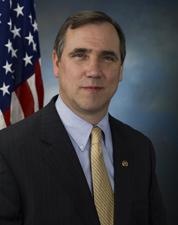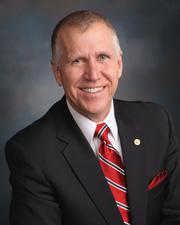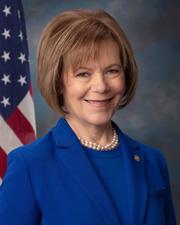0
Stop Institutional Child Abuse Act
1/14/2025, 7:02 PM
Summary of Bill S 1351
The bill outlines several key provisions aimed at achieving this goal. Firstly, it requires all institutions that care for children to implement comprehensive training programs for staff members on how to recognize and report signs of abuse. This training would also include information on how to properly respond to allegations of abuse and provide support to victims.
Additionally, the bill calls for the establishment of a national registry of individuals who have been found guilty of child abuse or neglect. This registry would be accessible to institutions hiring employees who work with children, helping to prevent abusers from moving from one institution to another. Furthermore, the Stop Institutional Child Abuse Act mandates that institutions must conduct thorough background checks on all employees and volunteers who have direct contact with children. This is to ensure that individuals with a history of abuse are not placed in positions where they could harm children. Overall, the Stop Institutional Child Abuse Act aims to protect vulnerable children from harm and hold institutions accountable for providing a safe and nurturing environment. It emphasizes the importance of prevention, detection, and response to child abuse within institutional settings.
Congressional Summary of S 1351
Stop Institutional Child Abuse Act
This bill establishes an interagency Federal Work Group on Youth Residential Programs to support and implement best practices regarding the health and safety, care, treatment, and appropriate placement of youth in youth residential programs.
The work group must develop recommendations about a national database to aggregate information about processes and outcomes for youth in such programs. The work group also must support the education and training of professional and paraprofessional personnel in fields that service such youth.
Further, the Department of Health and Human Services must contract with the National Academies of Sciences, Engineering, and Medicine to study and make recommendations about various aspects of federal and state oversight of youth residential programs.
Read the Full Bill
Current Status of Bill S 1351
Bipartisan Support of Bill S 1351
Total Number of Sponsors
19Democrat Sponsors
19Republican Sponsors
0Unaffiliated Sponsors
0Total Number of Cosponsors
67Democrat Cosponsors
30Republican Cosponsors
34Unaffiliated Cosponsors
3Policy Area and Potential Impact of Bill S 1351
Primary Policy Focus
FamiliesPotential Impact Areas
Alternate Title(s) of Bill S 1351
Comments

Erik Heath
11 months ago
I dunno bout this bill 1351. Sounds like it could mess things up for me and my fam. Why they gotta make things so complicated? #confused

Camille Brennan
11 months ago
I can't believe this bill is happening. It's just so sad to think about what it could mean for kids. I hope they really think about the consequences before passing it.





